There is power in storytelling. Growing up as the unexpected youngest in a rather old family, I had the good fortune of being regaled with primary accounts of historical events that had occurred 70 or more years past. My grandparents recalled the time Orson Welles’s radio gang fooled New Jerseyans into thinking the aliens had landed outside of Princeton. My grandfather remembered the chaos that ensued that night, watching from his front porch in Trenton as people fled toward Pennsylvania in retreat. He also shared in great detail the story of his time working undercover for the F.B.I., transporting plans for what would become the largest single-shot bomb loading facility in America built in preparation for World War II.
He and my grandmother both shared their memories of ancestors who were old when they were young. My mother did as well, recalling the time she nursed a centenarian who insisted on being laced up into her whalebone corset every day so she could be “properly dressed.” In the 1960s this patient’s earliest memory was of the infamous Blizzard of 1888. My mother marveled at everything the old woman’s eyes must have seen.
When we share these stories, we unwittingly connect the listener to a time and place of which they’d otherwise remain ignorant. Thanks to my family’s willingness to share their tales, I have a visceral connection to how people thought and felt, and what life looked, smelled, tasted and felt like long before I ever walked this earth. What’s more, I have a deeper and more personal understanding of why people do what they do and how their decisions, good and bad, have led us to the way we think, work and relate to one another today. Although I love them, I didn’t get all of that from reading books or watching documentaries. I was given that deeper sense of understanding from the stories told to me by generations past.
Our culture places little value on storytelling today. Unless we can monetize it, we tend to back-burner storytelling in favor of cheaper and easier forms of entertainment, like “reality television” and click-and-forget social media. Conversations at family gatherings tend to focus more on politics than history, even when it’s our own. In our increasingly disconnected culture, children tend to be so consumed with their own lives they rarely think to ask questions of their elders’ pasts. Grandparents are usually too interested in their grandchildren’s lives to spend precious time together musing about their own. American children barely know our collective history let alone their family’s past. Without that visceral connection to what came before we risk making the same mistakes more than twice. But what’s even more frightening is that we never cultivate that deeper sense of connectivity between past, present, and future.
For Mother’s Day, I gave my mother a grandparents’ memories book on behalf of my son. Not because my mother’s life has necessarily been Instagram-worthy, but because my son will never have the opportunity to look into the eyes of a woman who lived through the Blizzard of ’88. But, my mother did. And in its own way, great or small, that experience made her who she is today. Who she is will have an impact on the man my son will be. The extent of that impact will depend on the stories she tells. And while I’ll have my own to share, too, right now the job I have as a mother – in fact, the best job – is to teach him how to listen.

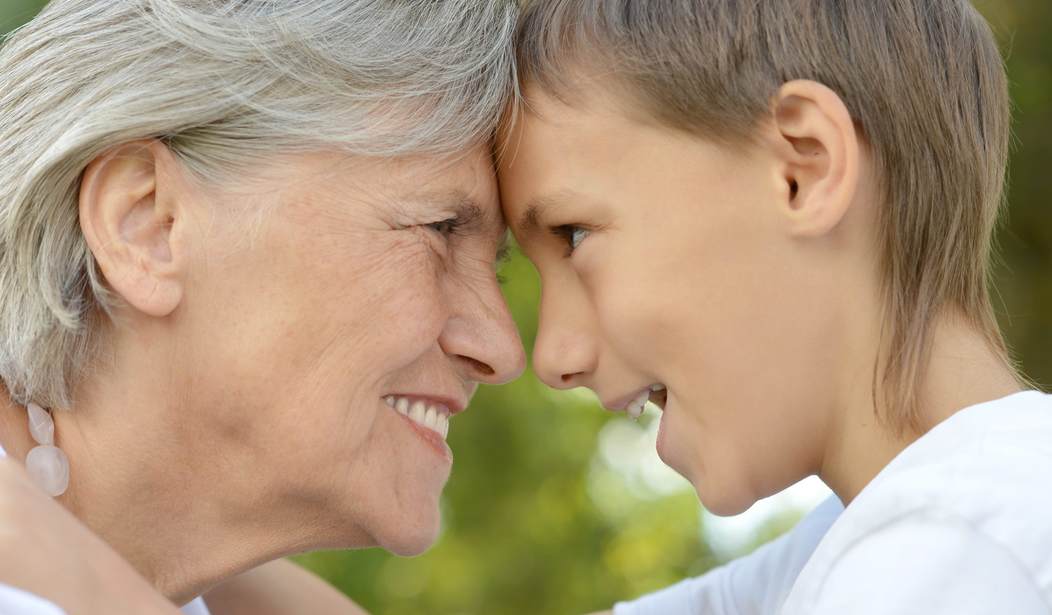

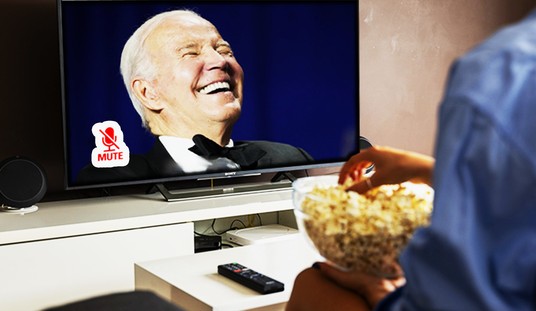
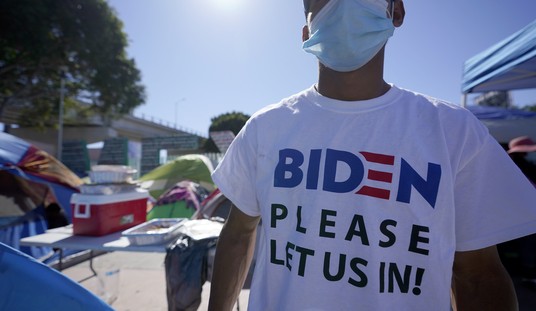
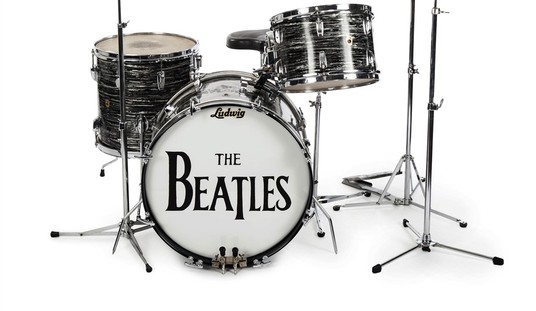
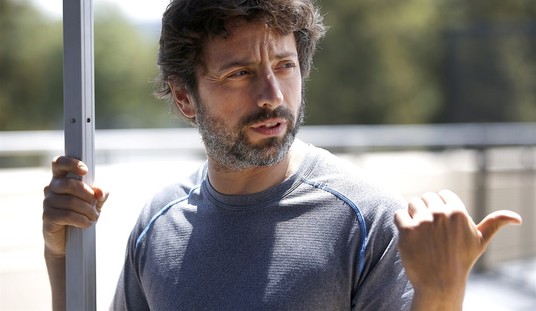
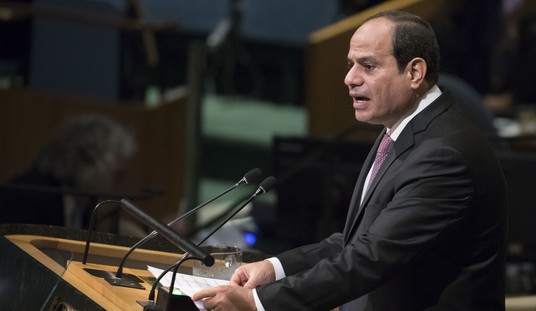
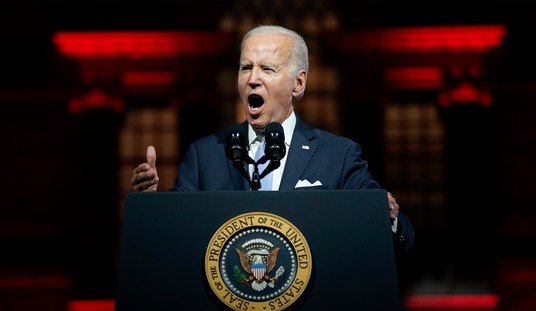
Join the conversation as a VIP Member